
France tries to come to terms with colonial past in Algeria
David Keohane, Heba Saleh | 24 January 2021
Macron establishes ‘memories and truth commission’, while Algiers awaits full apology.
French president Emmanuel Macron will establish a “memories and truth” commission to address the history of France’s colonial past in Algeria, but has stopped short of issuing an official apology. The commission was a central recommendation of a report presented to Mr Macron last week that marks another attempt to try to come to terms with one of the most sensitive periods of French history. Torture, disappearances and hundreds of thousands of deaths scarred the eight-year war that saw the establishment of the French Fifth Republic and led to Algeria’s independence in 1962. It remains a deeply divisive subject on both sides of the Mediterranean. France is home to millions of people with links to Algeria — including descendants of former French colonists and a large Muslim population — many of whom find themselves caught between competing identities. In Algeria, meanwhile, rebukes to Paris are a way for a regime rooted in the independence movement to shore up its legitimacy. “I am surprised every time I see that young Algerians . . . hate France more than my parents, who lived through the suffering of colonisation,” said Kamel Daoud, an author and journalist living in Oran. The report aimed at a “reconciliation of memories” between Algeria and France was written by historian Benjamin Stora, the child of a Jewish family that fled Algeria at independence.
A reckoning with what took place during the war has been slow in coming in France. Algeria was long considered part of French soil rather than a colony and until 1999 the French parliament did not officially recognise the notion of an “Algerian war”. It was only afterwards, as Mr Stora puts it, that “memory began to speed up.” In 2003, on a state visit to Algeria, President Jaques Chirac called the war a “tragedy”. His successor Nicolas Sarkozy, in Constantine in 2007, talked of the “injustice” of the “colonial system”. And in 2012, President François Hollande acknowledged the “brutal” nature of the 132-year occupation. As a presidential candidate in 2017, Mr Macron called colonisation a “crime against humanity”. And in 2018 he became the first French leader to acknowledge publicly the state’s role in torture during the war. But, the Élysée said, an official apology remains off the table, despite Algerian demands. “We have already had half apologies. The next step is needed . . . we await it,” Abdelmadjid Tebboune, the Algerian president, told France 24, the French broadcaster, in July. Apologising remains politically sensitive in France. “For the left and the right there is a feeling of wounded nationalism linked to what happened in Algeria,” said Dominique Reynié of the Fondation pour l’innovation politique think-tank. The formative political experience for Jean-Marie Le Pen — who led the French far-right before ceding to his daughter, Marine — was serving as a paratrooper in Algeria. Mr Stora, who will also head the commission, argued that “rather than ‘repentance’, France should . . . recognise the discriminations and abuses suffered by the Algerian people”. He has recommended more than 20 “practical” acts, including opening up official archives. Arthur Asseraf, a French historian of north Africa at the University of Cambridge, thinks France should apologise — not for the sake of its relationship with Algeria, but rather to ensure that crimes committed under colonisation would not be repeated again. He said the war had “an undeniably terrible” impact on civilians, millions of whom were forced to leave homes and villages in rural areas because France wanted to “separate” people from the guerrillas of the National Liberation Front. Nacer Jabi, a sociologist at the University of Algiers, said Algerians did not need an apology because “we know what we were subjected to in terms of colonisation, murder and plunder. It is the French who need the apology to rid themselves of this colonial legacy”. He added: “I don’t believe Algerian officials are serious in their demands for an apology. It is just a populist ploy they use when pressure mounts on them,” he said.
Zohra Drif, an icon of the war of independence who was imprisoned by the French for her role in the 1956 bombing of a coffee shop frequented by Europeans, also dismissed the search for an apology. “I never understood this request,” she said. “We defeated France and took our revenge for the defeats it had inflicted on us after more than a hundred years of on and off wars.” Since independence France and Algeria have had complex relations that have periodically led to diplomatic tensions, even though links remain deep. Algiers is sensitive to anything that could be construed as criticism or interference from France. Last year, there was a brief diplomatic rift triggered by a French television documentary about the anti-government protest movement in Algeria. Mr Tebboune said his country “will not accept any interference or tutelage” from abroad. Analysts said the report is unlikely to lead to any immediate change in the relationship between the two countries. “I think that for France, it is extremely important because we cannot continue to deny the memory of this period,” said Luis Martinez, specialist in North African politics at Sciences Po. “On the other hand, if the goal is a report that could allow reconciliation between Algeria and France, then, very clearly, no, this is not going to do it.” Mr Daoud said: “For those who are neither French or Algerian, they see, in this Stora report . . . something like couples therapy. But it’s not couples therapy. The Stora report is therapy for France, and that’s important.”
Lisez l’article sur ft.com

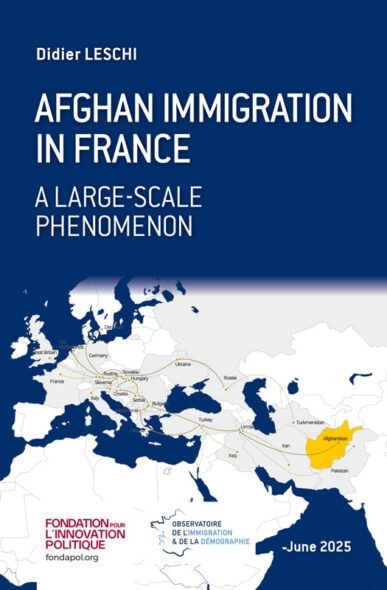
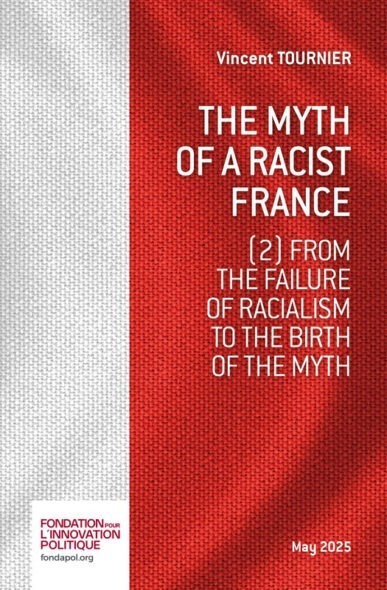
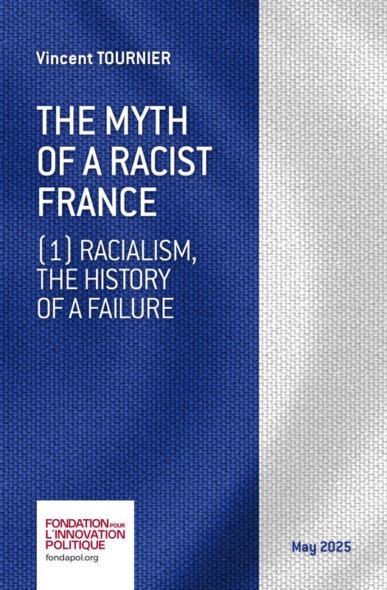
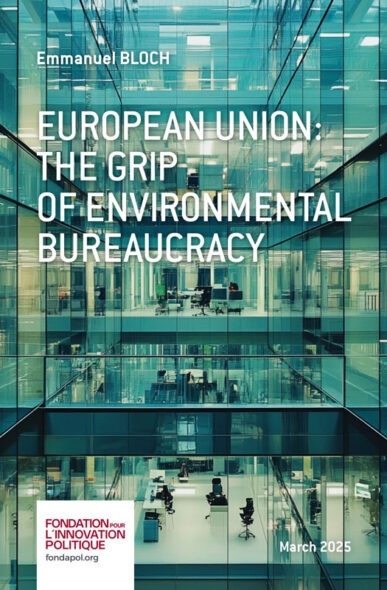
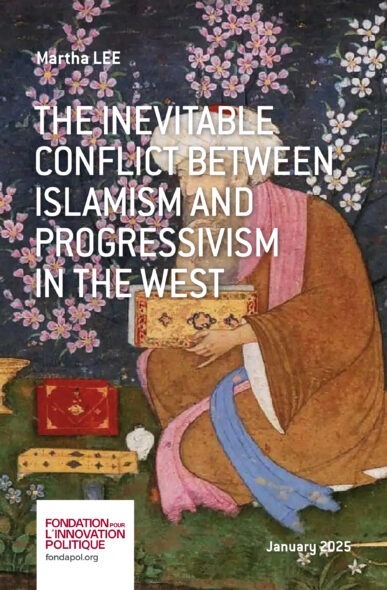
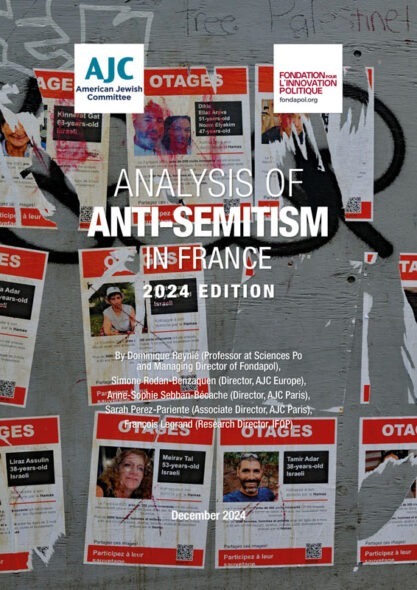
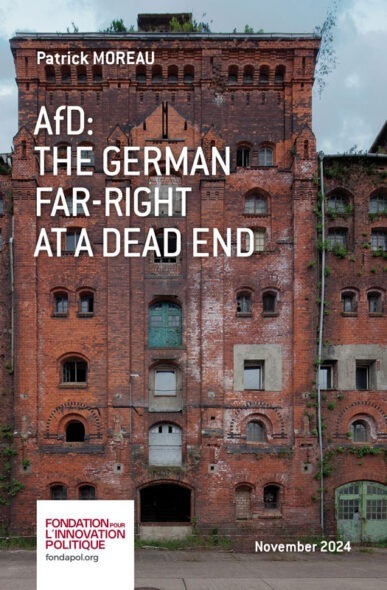
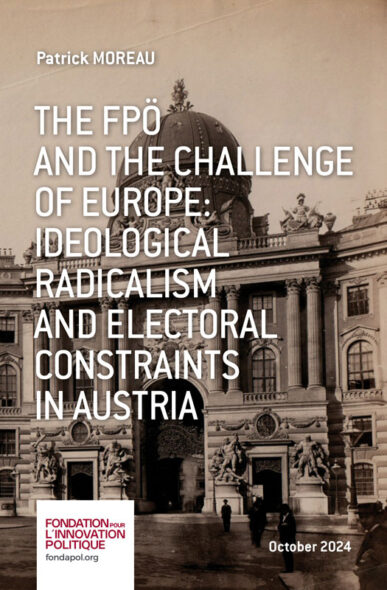

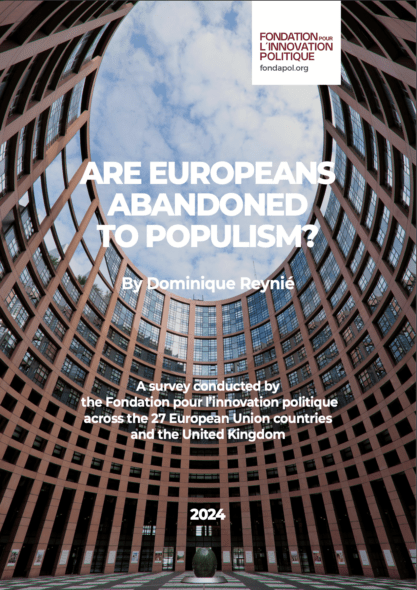
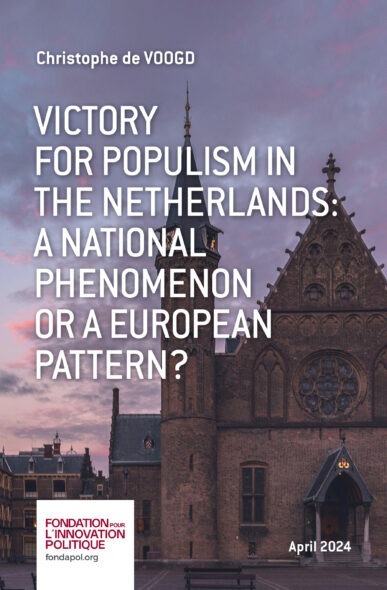
No comments.